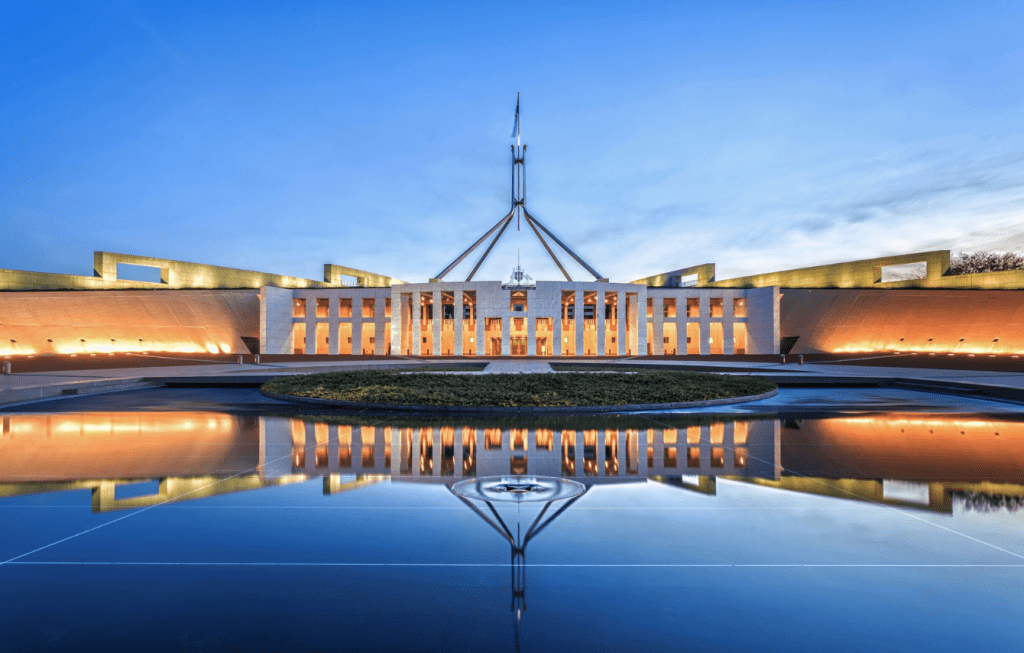

The 2023-24 Federal Budget has placed a strong emphasis on the cost of living and establishing a stronger, secure economy.
From an SMSF accountants perspective, we were pleased to see there were no unexpected changes likely to significantly impact the sector or superannuation more broadly. As expected, we saw continued provisions for the Government’s proposed $3 million tax threshold for superannuation balances.
The following is a brief summary of the key changes relevant to the SMSF sector.
Better Targeted Superannuation Concessions
The Government will be going ahead with its previously announced measure to reduce the tax concessions available to individuals with a total superannuation balance exceeding $3 million, from 1 July 2025. This follows the release of the Government’s Fact Sheet and Consultation Paper on this proposed measure.
This reform is intended to ensure that superannuation concessions are better targeted and sustainable. It will bring the headline tax rate to 30 per cent, up from 15 per cent, for earnings corresponding to the proportion of an individual’s total superannuation balance that is greater than $3 million.
The Government has indicated that earnings relating to fund assets below the $3 million threshold will continue to be taxed at 15 per cent or zero per cent if held in a retirement phase pension account.
The Budget papers also note that this measure will include earning amounts calculated on defined benefit fund interests.
While the precise details on how ‘earnings’ will be calculated under this measure are yet to be finalised, and the Budget papers were silent on the methodology to be applied, the initially proposed model broadly relies on a person’s total superannuation balance to calculate earnings. Unless this proposed approach is modified, unrealised gains, accounting adjustments, and/or book entries and tax refunds will potentially be subject to this new tax.
It is important to note that this is not an additional tax on the SMSF itself. Any additional tax assessment will be issued at the personal tax level so individuals will have the choice of either paying (additional) tax themselves or electing to pay from their superannuation fund.
Superannuation Guarantee – Changes to payment frequency
From 1 July 2026, employers will be required to pay their employees’ compulsory SG entitlements on the same day that they pay salary and wages. Currently, employers are only required to pay their employees’ SG on a quarterly basis.
This measure will increase the payment frequency of superannuation to align with the payment of salary and wages, ensuring employees have greater visibility over whether their entitlements have been paid and better enable the ATO to recover unpaid superannuation amounts. The increased frequency of payment will also support better long-term retirement outcomes.
This measure was announced prior to the Federal Budget and will provide individuals and their professional advisers greater certainty on the timing of superannuation contributions. From a contribution planning perspective, this is critically important and is expected to help reduce instances of inadvertent contribution cap breaches.
Non-arm’s length income (NALI)
The Government is proposing to amend the non-arm’s length income (NALI) provisions that apply to certain expenses incurred by superannuation funds.
Specifically relevant to SMSF accountants, the Government is proposing to limit the level of a fund’s income that is potentially taxable as NALI to twice the level of an impacted ‘general’ expense.
Additionally, fund income taxable as NALI will exclude contributions.
Treasury had previously proposed that the maximum amount of income, subject to the highest marginal rate, would be five times the level of the general expenditure breach. So, on face value, this proposal would appear to result in an improved outcome for SMSF trustees.
However, further details are required to determine whether this calculation relies on the value of the general expense itself or the level of the general expenditure breach – calculated as the difference between the amount that would have been charged for the general expense under an arm’s length arrangement and the amount that was actually charged to the fund.
What was not included in the Budget announcements
No relaxation of residency rules for SMSFs
The proposed relaxation of residency rules previously announced in the 2021/22 Budget to extend the 2 year period to 5 years, has not occurred.
No freezing of the General Transfer Balance Cap
The General Transfer Balance Cap will be increasing from the current $1.7 million to $1.9 million on 1 July 2023.
No extension to the temporary 50% reduction in minimum pension draw down rates
The 50% reduction in the minimum pension draw down rates for Account Based Pensions has not been renewed post 30 June 2023. Although there is still time for the Government to make an announcement on this prior year the financial year end, the industry expectation is for the rates to revert back to the pre-Covid 19 percentages from 1 July 2023.
If you have any questions or concerns regarding your SMSFs, the Kreston Stanley Williamson team is here to assist you. Please don’t hesitate to reach out and contact us for guidance and discussion.
Author: Anna Wong – Senior SMSF Manager at Premier SMSF Solutions
*Correct as of 26 May 2023
*Disclaimer – this article has been produced by Kreston Stanley Williamson as a service to its clients and associates. The information contained in the article is of general comment only and is not intended to be advice on any particular matter. Before acting on any areas contained in this article, it is imperative you seek specific advice relating to your particular circumstances. Liability limited by a scheme approved under professional standards legislation.













